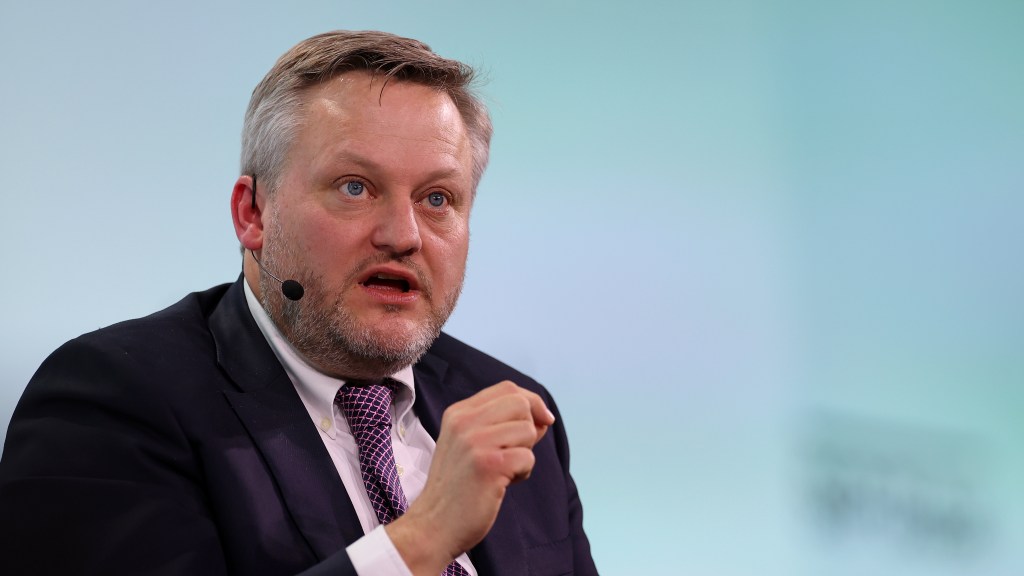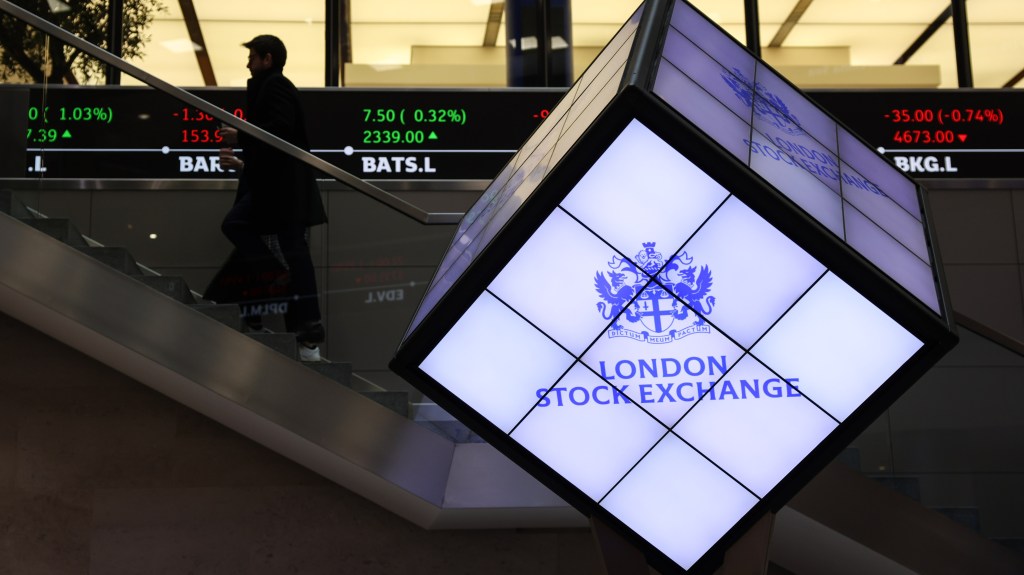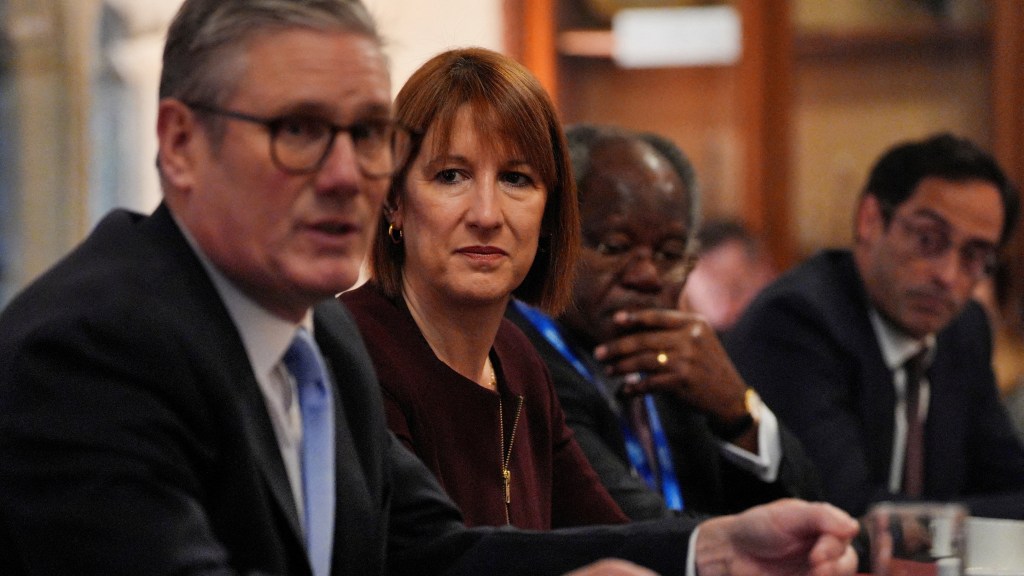BP Set to Abandon Oil Production Reduction Goals
BP is poised to relinquish its previously set objective of significantly reducing oil and gas production by the decade’s end in a bid to address its valuation disparities with competitors in the energy sector.
The global oil company, listed on the FTSE 100, had initially targeted a 40 percent reduction in oil and gas output by 2030 while increasing investments in renewable energy under the leadership of former CEO Bernard Looney in 2020. Looney resigned last year after revelations concerning undisclosed personal relationships with staff members.
Following a dramatic surge in commodity prices, the target was revised in February of the previous year to a 25 percent reduction from 2019 levels, which would result in BP maintaining production at approximately two million barrels daily.
Murray Auchincloss, who took over as permanent CEO earlier this year, is reportedly set to formally abandon this production target in February. This announcement is anticipated during the company’s update on its capital allocation strategy, as per Reuters.
This news coincides with Brent crude prices, the global benchmark, climbing above $80 per barrel for the first time since August, influenced by the escalating conflict in the Middle East, marking a 3.1 percent increase to $80.50 per barrel.
A spokesperson for BP stated: “As Murray outlined at the beginning of the year in our fourth-quarter results, our direction remains consistent, but we are shifting towards becoming a simpler, more focused, and higher-value company.”
When questioned in July regarding potential changes to the production cut plans, Auchincloss remarked: “I’m not particularly focused on production volumes; my emphasis is on cash flow and earnings, which I believe are paramount to the market.”
This year, BP has faced scrutiny from activist investor Bluebell Capital. This firm, known for its campaigns with Glencore and BlackRock, urged BP to enhance its oil and gas output and cease further investments in what they termed “ill-conceived” wind projects.
Commenting on the situation, Giuseppe Bivona, co-chief investment officer at Bluebell, stated: “This aligns perfectly with our requests: as an oil and gas enterprise, BP should prioritize oil and gas production instead of diminishing its business scope in favor of renewable alternatives.”
The hedge fund criticized a strategy they described as “irrational,” suggesting that BP’s accelerated transition away from fossil fuels compared to rivals is detrimentally impacting shareholder value.
Environmental advocates have condemned the reports of BP’s shift. Philip Evans, a campaigner with Greenpeace, declared this decision as “further evidence that we cannot trust the future of our planet to fossil fuel executives.”
Auchincloss, 54, is working to restore confidence among investors as BP’s stock performance has lagged behind peers like Shell and other international oil and gas companies.
The Canadian CEO has outlined plans to achieve at least $2 billion in cost savings by 2026, having implemented a freeze on external hiring, with exceptions for critical positions such as well-site leaders and safety personnel.
Bidding for new offshore wind projects has also been paused as BP aims to streamline operations and reduce expenditures. The company is currently focusing its resources on ongoing projects in the UK and Germany, having sold its ten US onshore wind farms last month, exiting that market entirely.
Since the beginning of the year, BP shares have decreased by 10 percent, contrasting with a 1.5 percent gain in Shell’s stock value. BP shares ended the day up by 1.3 percent, or 5p, closing at 422p.




Post Comment